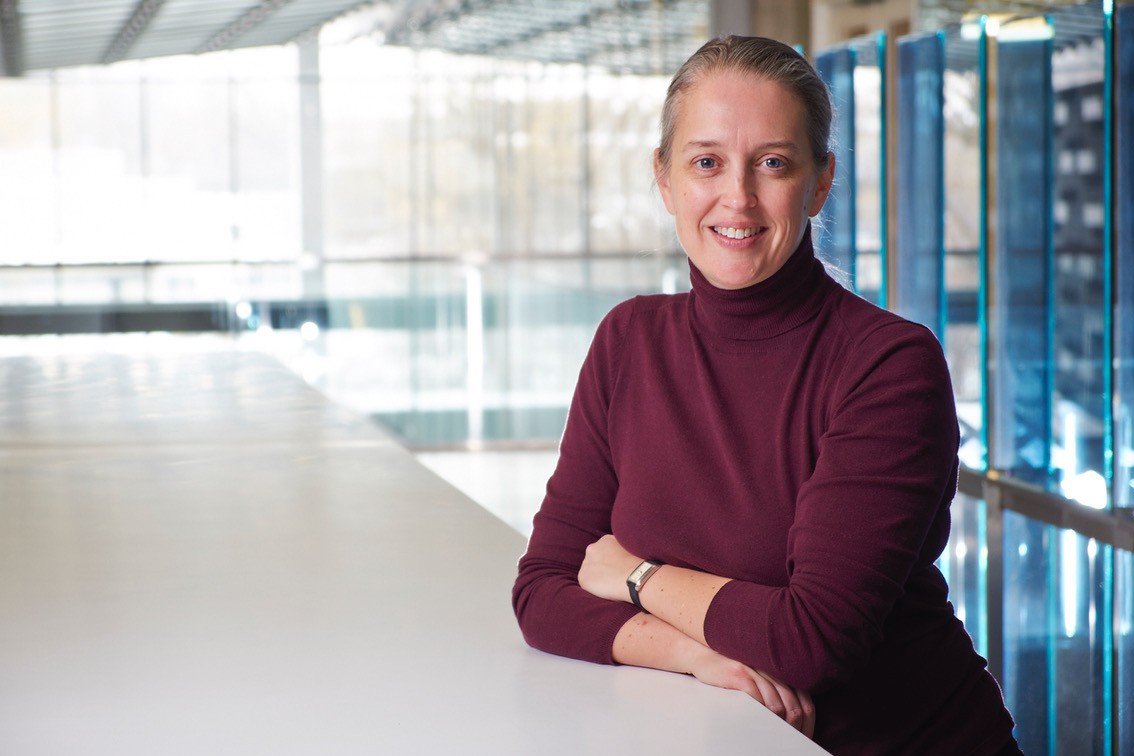
Heather Douglas, associate professor of philosophy
Read the full story on MSU Today.
A research paper written by Heather Douglas, associate professor of philosophy at Michigan State University, is being recognized as one of the most influential to ever be published by the Philosophy of Science journal and was selected to be included in the journal’s 90th Anniversary Collection.
Only 30 papers from the past 90 years were chosen to be part of this anniversary publication, including a paper by Albert Einstein.
The paper by Douglas, "Inductive Risk and Values in Science," originally was published in the Philosophy of Science journal in December 2000. The paper addresses important themes, including the influence of social and ethical values on scientific judgments, inductive risk and the importance of addressing uncertainty in scientific decision-making, the role of values in the weighing of risks and potential impacts of scientific choices, the ongoing debate regarding the roles of values in science, and the significance of understanding values in science-society relationships.
The role of social and ethical values in scientific judgments, in both the selection of methods and in interpreting results, is a relationship Douglas has been studying since her Ph.D. research, which explored the causes of experts’ disagreements regarding the dangers of dioxin, and revealed the significance of social and ethical values in scientific decision-making.
“Because science is inherently inductive, there is always a concern that one is making an erroneous choice,” Douglas said. “The risk of a wrong choice (in methods, in the interpretation of data) is ‘inductive risk.’ One straightforward example of this is when scientists need to decide whether the risk of a false positive is more important than the risk of a false negative.”
Social and ethical values are essential in addressing this pervasive risk in scientific decision-making, according to Douglas. Scientists must determine whether the consequences of a false positive outweigh those of a false negative. For example, in Douglas’ dioxin research, scientists must determine whether the risk of overregulation, and its potential to impact the economy, is worse than the risk of underregulation, and its potential impact on public health.
